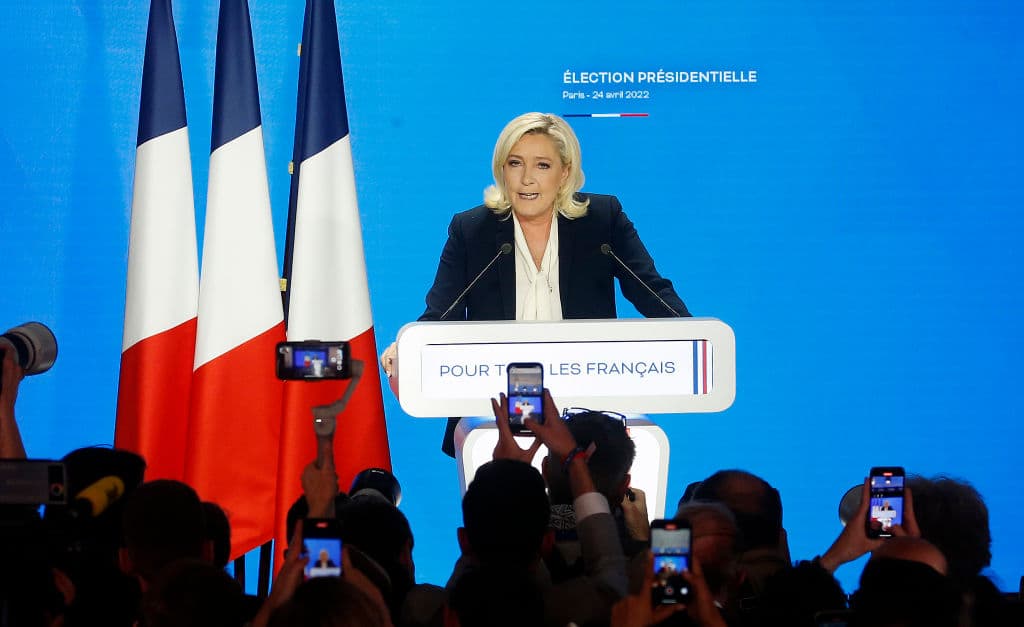New French Ban on Islamic Garb Seen as Thinly Veiled Attempt by Macron To Steal Le Pen’s Thunder
The move comes as France’s interior minister tells a French newspaper it is ‘quite probable’ Marine Le Pen will win the next presidency.

When is a crackdown on attire often associated with Islamic religious extremism not just about choice of wardrobe? In France today, political one-upmanship is very much in fashion, and the hot new trend for fall — especially if your designer label is Macron — is giving an elbow to your chief rival on the right, Marine Le Pen, the former and likely future presidential candidate.
Please check your email.
A verification code has been sent to
Didn't get a code? Click to resend.
To continue reading, please select:
Enter your email to read for FREE
Get 1 FREE article
Join the Sun for a PENNY A DAY
$0.01/day for 60 days
Cancel anytime
100% ad free experience
Unlimited article and commenting access
Full annual dues ($120) billed after 60 days

